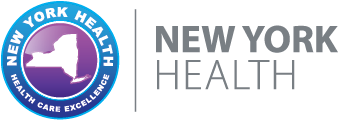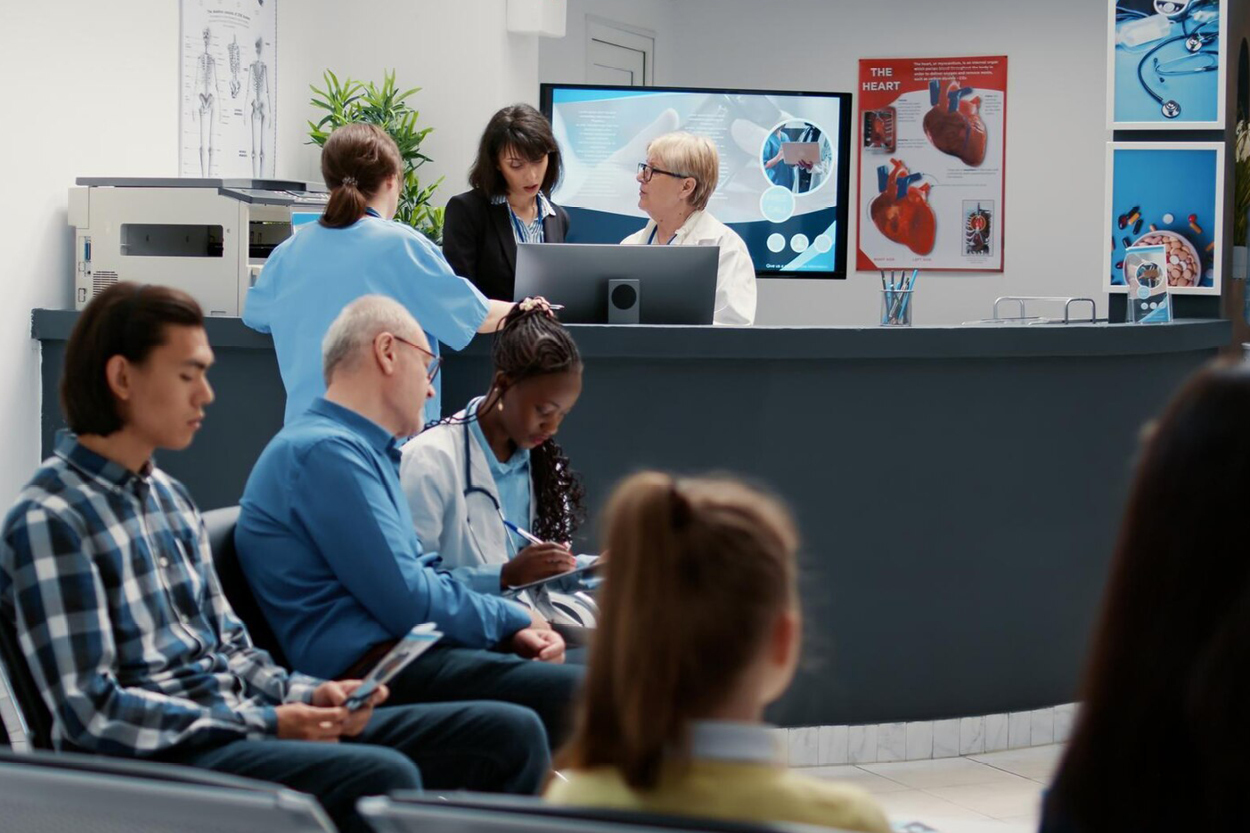The Superheroes at the Front Desk
National Receptionist Day is on May 14th. This day is a great opportunity to recognize the important work of receptionists in healthcare. As the first faces patients see at New York Health, receptionists create positive experiences that set the tone for every visit.
What Do Receptionists Do?
Receptionists balance many responsibilities with warmth and efficiency. They welcome patients, manage appointments, answer phones, and process paperwork, including insurance forms and medical records. Their coordination ensures that everything runs smoothly in the office.
Their daily responsibilities include:
• Greeting Patients: A friendly welcome helps patients feel at ease.
• Scheduling Appointments: Coordinating appointments to ensure patients are seen on time.
• Organizing Documentation: Ensuring all patient information is accurate and accessible.
• Communicating: Serving as the essential link between patients and healthcare providers.
Why Are They Important?
Receptionists play an important role in healthcare. They not only help the office operate efficiently but also provide emotional support to patients who may be worried about their appointments. A warm greeting and helpful assistance can transform what might be a stressful visit into a more comfortable experience. When patients feel valued, they are more likely to have a positive outlook.
For our doctors and healthcare staff, receptionists are essential, they help streamline processes, which allows medical professionals to focus on patient care. A well-run front desk means doctors can spend more time with their patients, leading to better health outcomes.
Thank You to Our Receptionists
On National Receptionist Day, let’s take a moment to appreciate these hardworking individuals. Their work often happens behind the scenes, but their impact reaches every corner of our practice.
Next time you visit New York Health, take a moment to acknowledge our receptionists. A simple thank you can mean a lot to them. Their efforts are essential to the healthcare experience.

